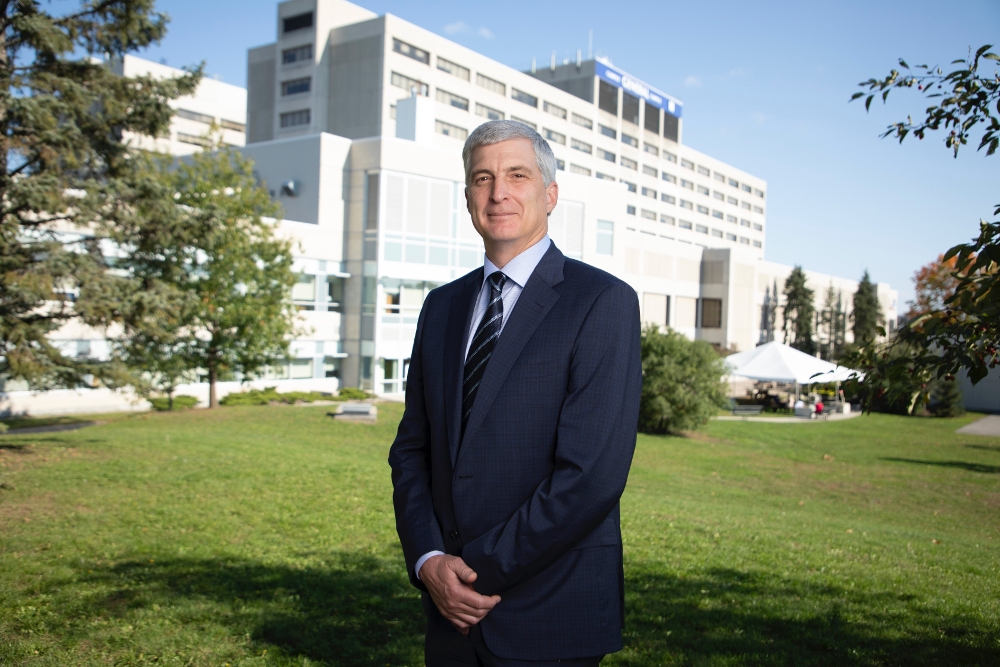By Heather Blumenthal
Think of chimeric antigen receptor (CAR T) therapy as the little girl from the nursery rhyme with a little curl right in the middle of her forehead – when she was good, she was very, very good, but when she was bad, she was horrid.
CAR T therapy, when it works, is indeed very, very good. It has, in fact, been a game changer for people with blood cancers such as leukemia or lymphoma for whom other treatments haven’t worked. It has changed “put your affairs in order” to “go forth and enjoy your life.” But, and this is an important but, for many people, CAR T therapy doesn’t work – or they may not even be eligible. To add insult to injury, CAR T therapy is expensive, because it is personalized to each patient’s own immune cells. So you want to make sure that patients are going to benefit from the therapy, primarily for their own sake, but also for the sake of ensuring value for money. Under these circumstances, figuring out which patients will benefit from CAR T therapy and under what conditions becomes particularly important.
That’s the task Dean Fergusson, a Senior Scientist and Director of the Clinical Epidemiology Program at the Ottawa Hospital Research Institute, has taken on, in a BioCanRx-supported project entitled Identifying Effect Modifiers of CAR T Cell Therapeutic Efficacy. It’s a fancy way of saying that he and his team are drilling down into clinical trial data, which is normally reported at an aggregate level, at the individual patient level to get more information about who benefits most from CAR T therapy and under what conditions.
“It’s so much richer to look at individual patient data,” says Dr. Fergusson.
The process and its benefits seem obvious, and the first question that pops to mind is why isn’t this is done as a matter of course with all clinical trial data? The reality, however, is that it is more complicated than it sounds and, while not as expensive as basic biomedical research, it is very labour-intensive.
The first complication is the sheer number of trials. Dr. Fergusson is attempting to analyze all trials of CAR T therapy carried out throughout the world. Three years ago, there were 42 trials of CAR T therapy in blood cancers. One year ago, that number had increased to 100. Today, Dr. Fergusson estimates, there are probably around 120 studies involving some 2,000 patients.
The second complication is simply getting access to data from all of those trials. That part of the project is going well, with only a few trials being inaccessible because they were conducted by industry and the data are proprietary.
The third complication is that, while the Ottawa Hospital collects and maintains individual-level data for all of its clinical trials, other centres don’t have that data easily available.
The fourth complication is one that is increasingly common in a world of big data — ensuring that all the data are in a form that is both accessible and comparable and being able to strip all identifying information from the data.
And all of a sudden, this incredibly obvious approach may still be obvious, but it’s in no way simple.
Still, Dr. Fergusson and his team have data for about 1,200 patients. They are analyzing that data to get information about the patients themselves, such as age, sex, the type and stage of their cancer and how many and what kind of previous therapies they have had.
They are also looking at information about the treatment received, such as the dose patients received and when it was administered.
Finally, they are looking at manufacturing data, such as the processes used to manufacture the CAR T cells and then to use the cells to enrich the patient’s own immune cells, the conditioning agents used, etc.
The team will then use this data to establish what factors, be they to do with the patients themselves, the treatment process or the manufacturing process, enhance the efficacy of CAR T therapy.
“Having individual-level data lets us tease out the treatment’s efficacy and harm for each of those factors,” says Dr. Fergusson. “It’s an incredibly powerful tool.”
Dr. Fergusson, however, doesn’t want to stop there. His goal is to make this a “living” study, going back every couple of years to review and update the data in light of new studies and new information.
One of the benefits of BioCanRx is that it has established networks of researchers. Dr. Fergusson is using these networks to ensure that knowledge users – the people who are conducting the clinical trials of CAR T therapy and overseeing its use in the clinic – are involved in the study. He is, thus, helping to ensure that the knowledge he gains from this study can be applied directly to ensuring the greater success of CAR T therapy and improved outcomes for patients.
Heather Blumenthal has been writing about health and health research for more than 20 years and never loses her fascination with the advances Canadian researchers are making.
